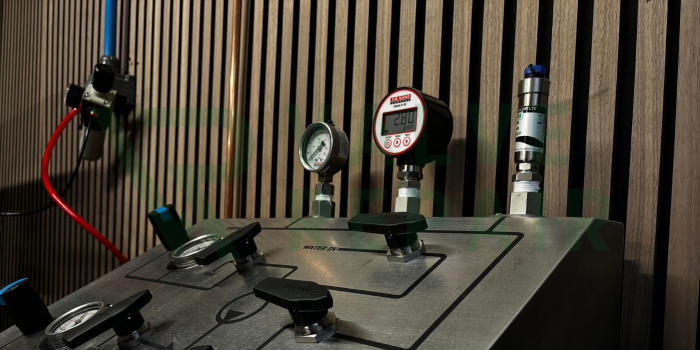
Pharmaceutical
The pharmaceutical sector relies on precise, contamination-free flow control. Valve failures in this industry can compromise product quality, regulatory compliance, and patient safety. Our services ensure hygienic process valves operate at peak performance.
Common Valve Issues in Pharmaceuticals:
- Wear and tear from aggressive cleaning chemicals
- Malfunctioning control valves affecting dosing accuracy
- Seized valves due to crystallisation and product buildup
- Leaks compromising sterile production environments

Why Choose Us for Pharmaceutical Valve Repair?
- Repair and testing in compliance with GMP (Good Manufacturing Practice)
- Use of pharmaceutical-grade seals and components
- High-purity valve refurbishment with thorough decontamination

We serve biotech, pharmaceutical manufacturing, and medical processing industries, ensuring precision and reliability in every repair.
How it works...
Types of Valves we repair
-
Ball Valves
Ball valves play a crucial role in process control, offering tight shut-off and minimal pressure drop. Over time, seal degradation, corrosion, and internal wear can lead to leaks and operational inefficiencies.
-
Butterfly Valves
Butterfly valves are widely used in steam, water, and industrial flow applications, but seat wear, disc misalignment, and actuator failures can impact their performance.
-
Gate Valves
Gate valves are designed for on/off flow control but can suffer from seat erosion, corrosion, and sticking mechanisms over time.
-
Globe Valves
Globe valves are essential for flow modulation and throttling applications, but plug and seat wear, erosion, and actuator issues can reduce efficiency.
FAQ's
What is valve pressure testing, and why is it important?
Valve pressure testing is a quality control process that ensures your valves can withstand operational pressures without leaking or failing. It helps prevent costly breakdowns, safety hazards, and system inefficiencies, ensuring your valves perform reliably under real-world conditions.
What types of pressure testing do you offer?
We offer three main types of pressure testing:
- Hydrostatic Testing – Uses water to check for leaks and structural integrity.
- Pneumatic Testing – Uses compressed air or gas to detect even the smallest leaks.
- Seat Leak Testing – Ensures a tight seal when the valve is closed, preventing internal leakage.
How often should valves be pressure tested?
The frequency of pressure testing depends on the type of valve, application, and industry regulations. In critical applications such as steam, oil & gas, and chemical processing, valves should be tested at regular intervals to ensure ongoing reliability and compliance with safety standards.
What happens if my valve fails the pressure test?
If a valve fails testing, we provide a detailed failure report outlining the issue. Our team can then recommend repairs, refurbishment, or replacement parts to restore the valve to full working condition, ensuring it meets performance and safety requirements
